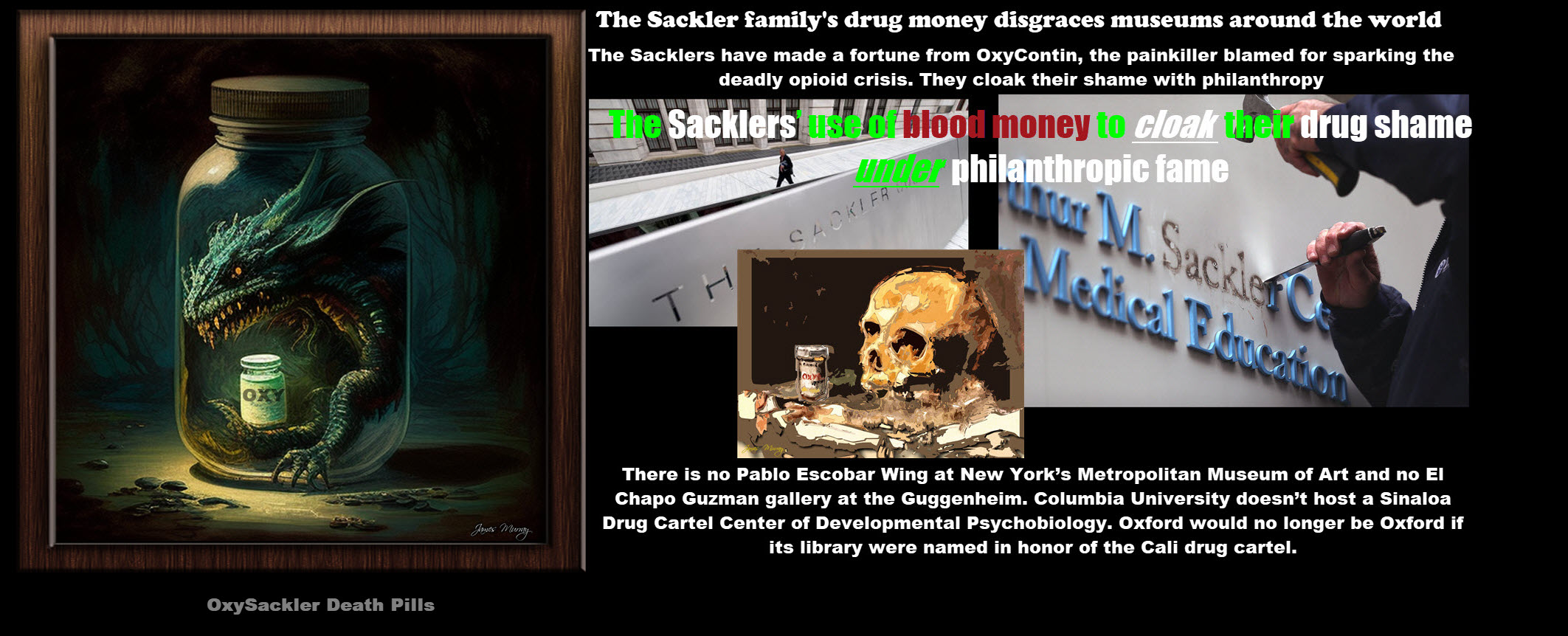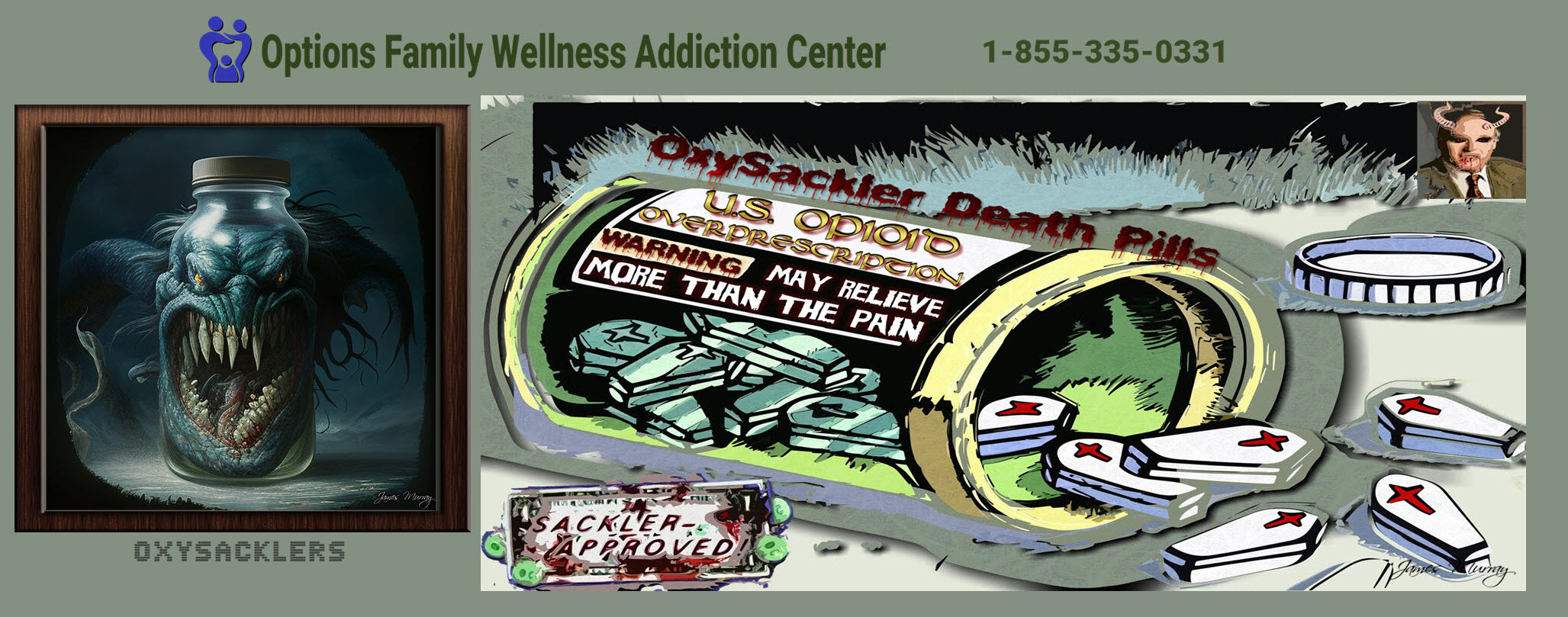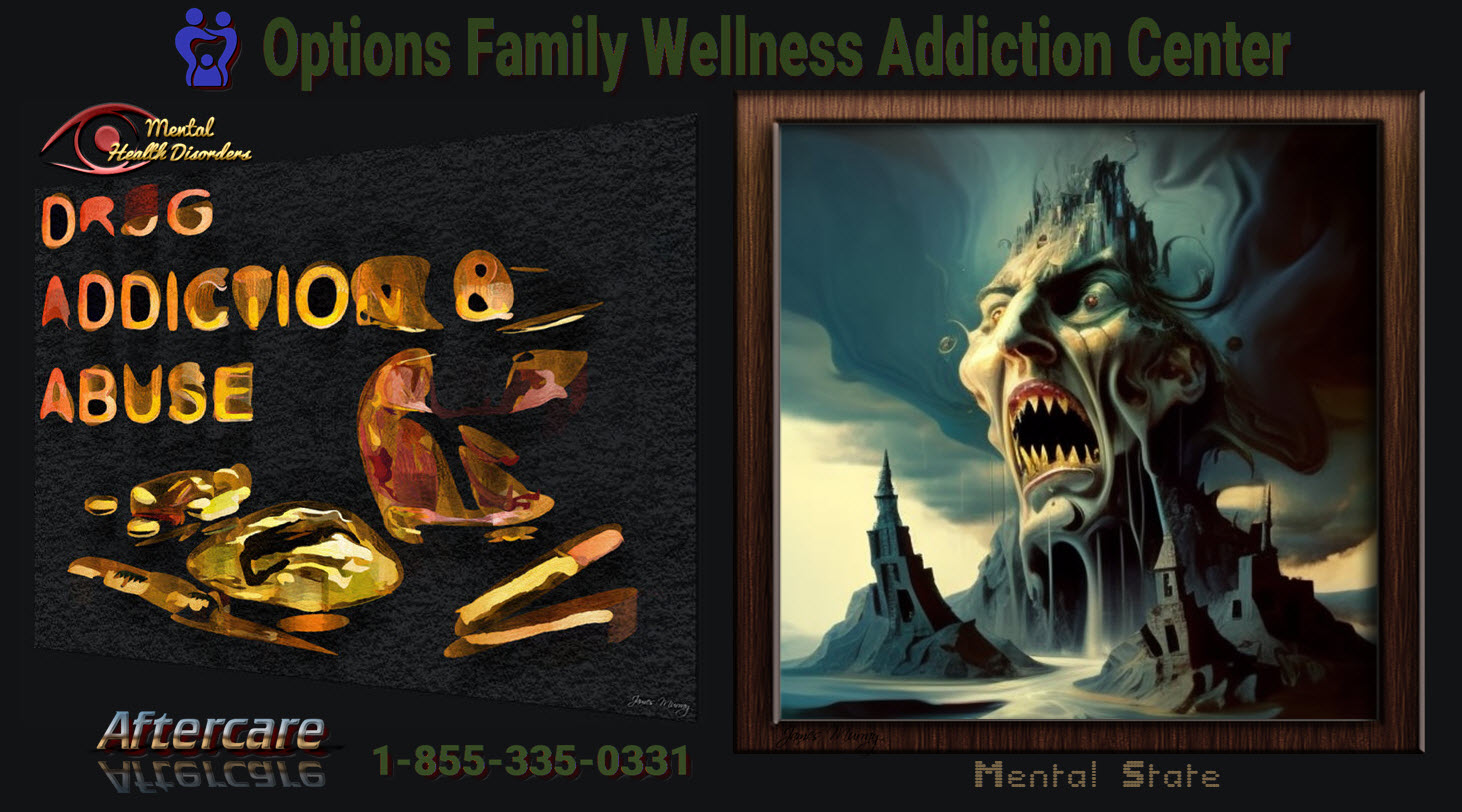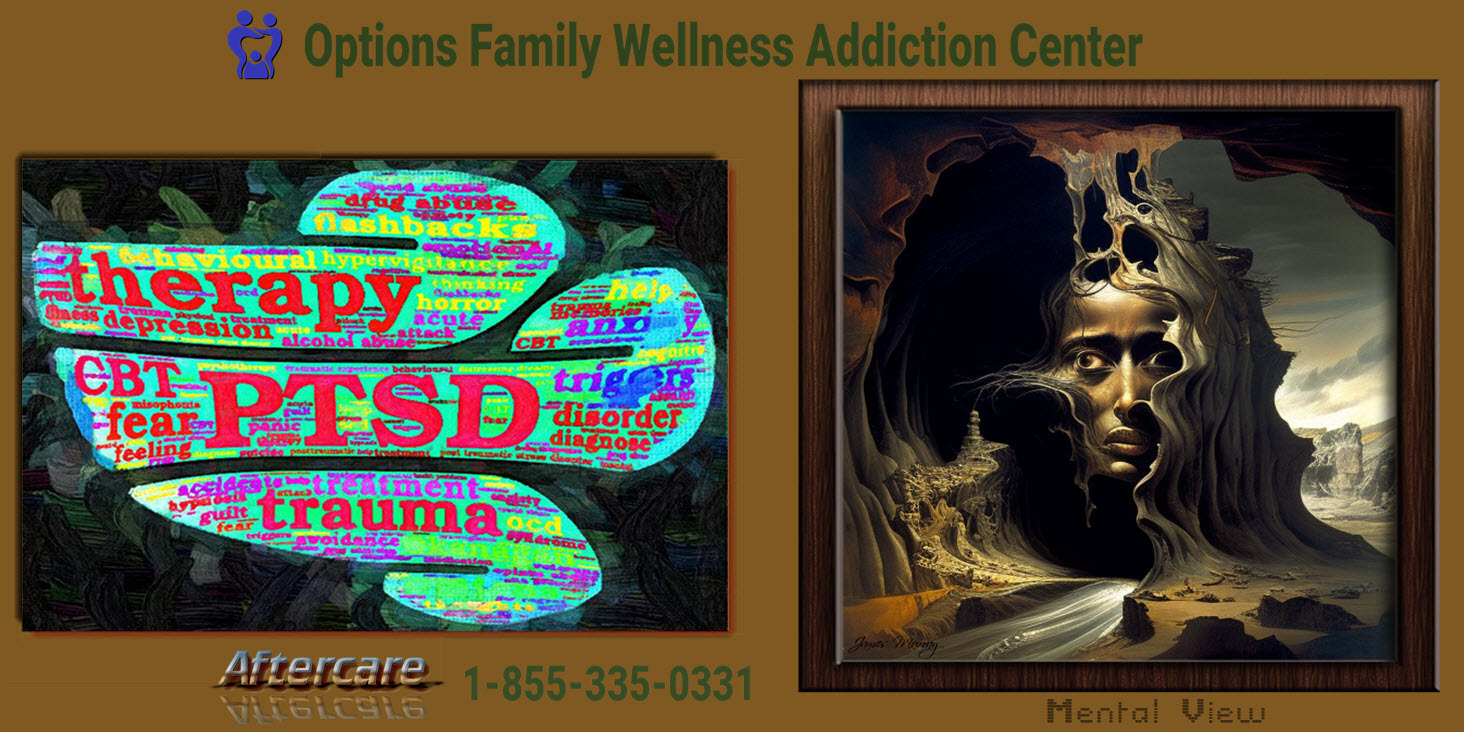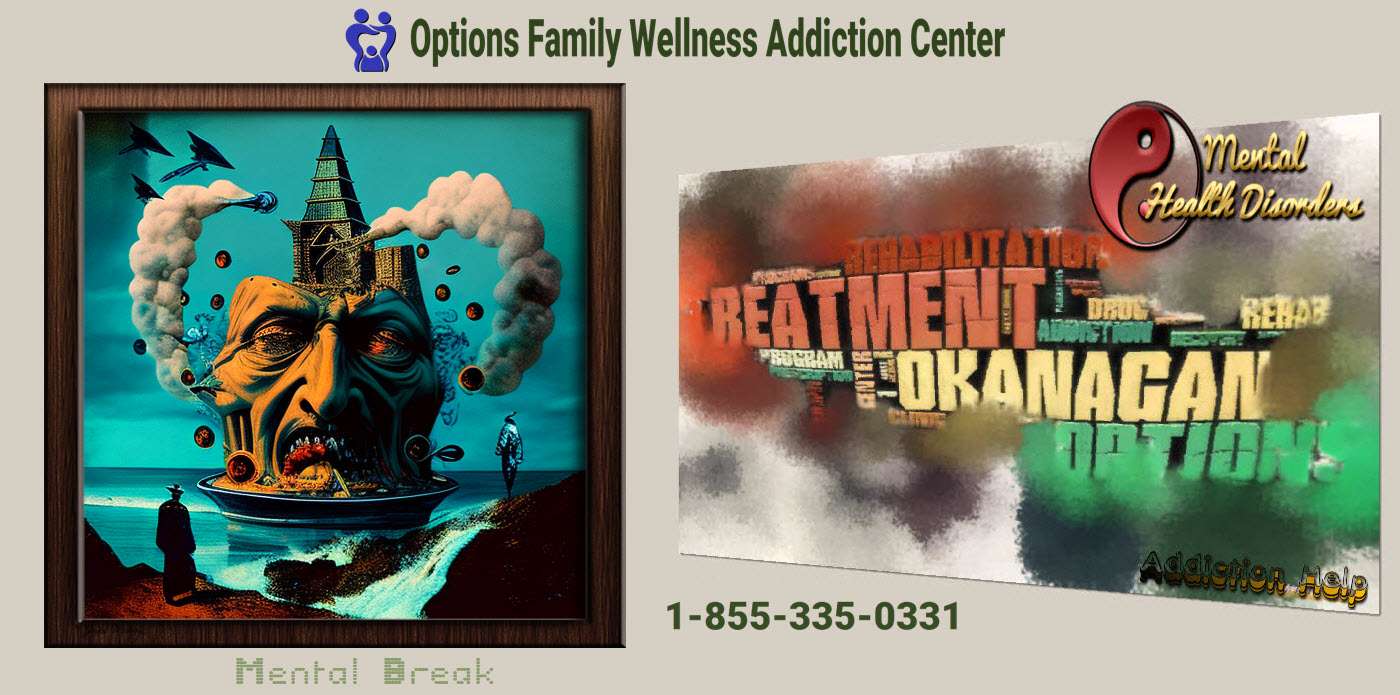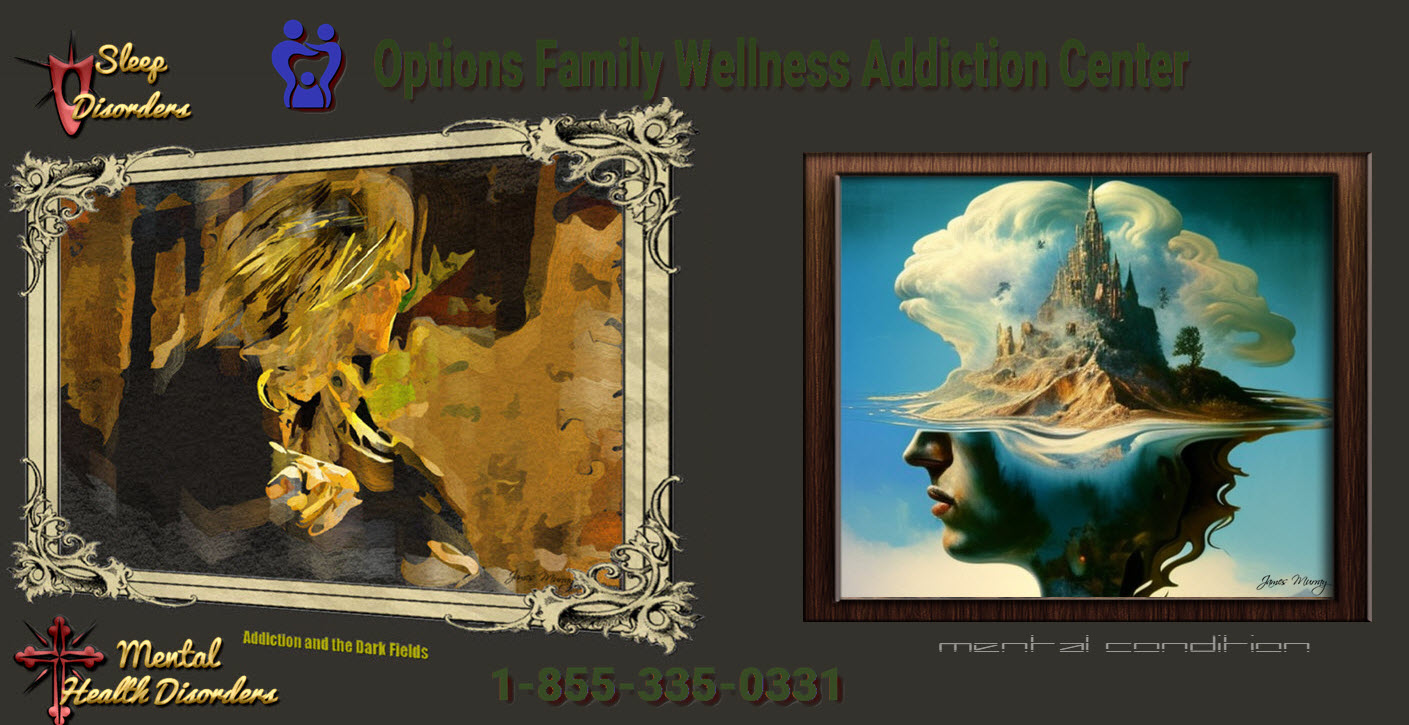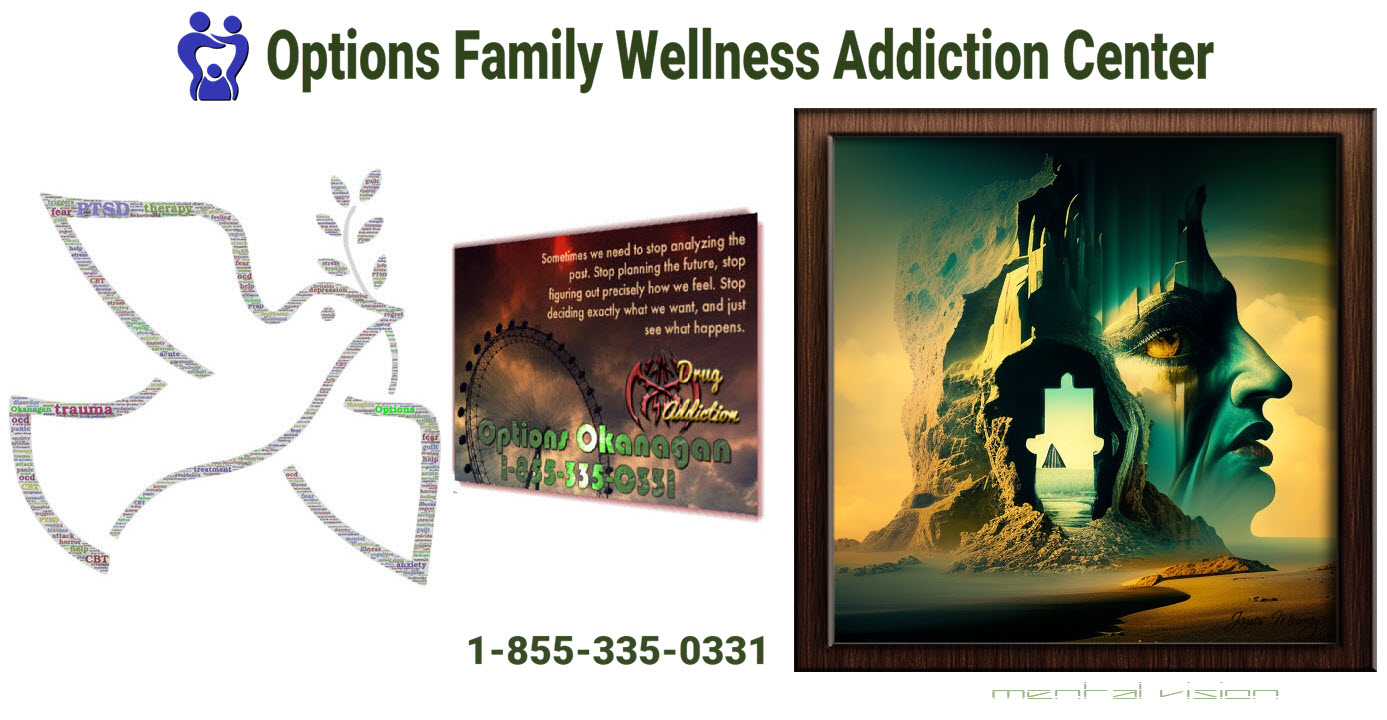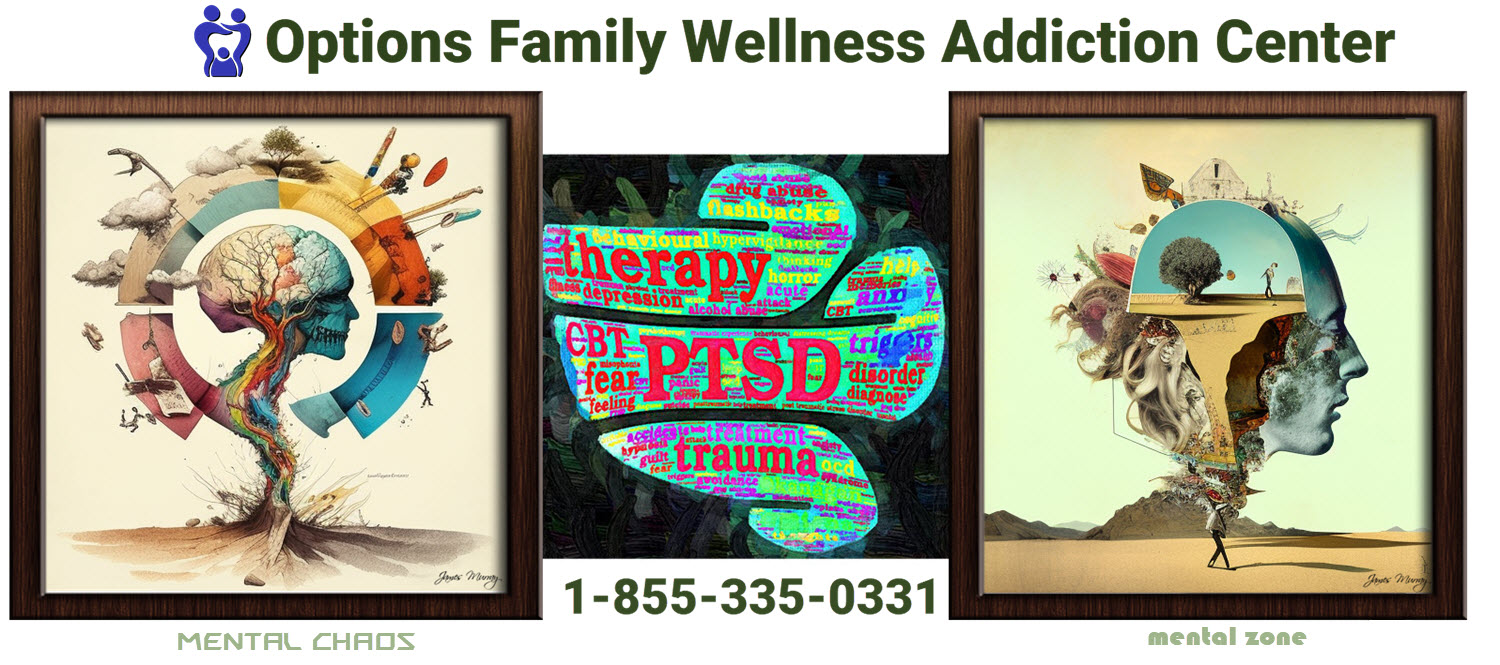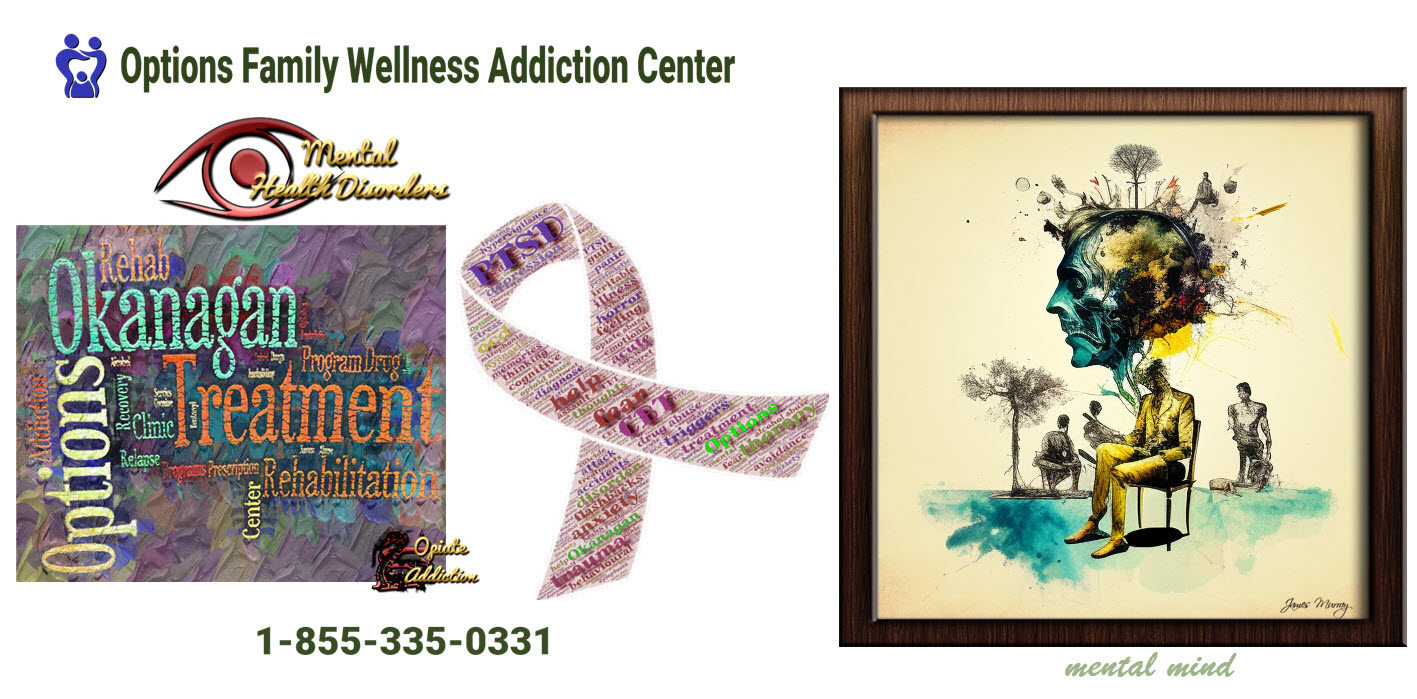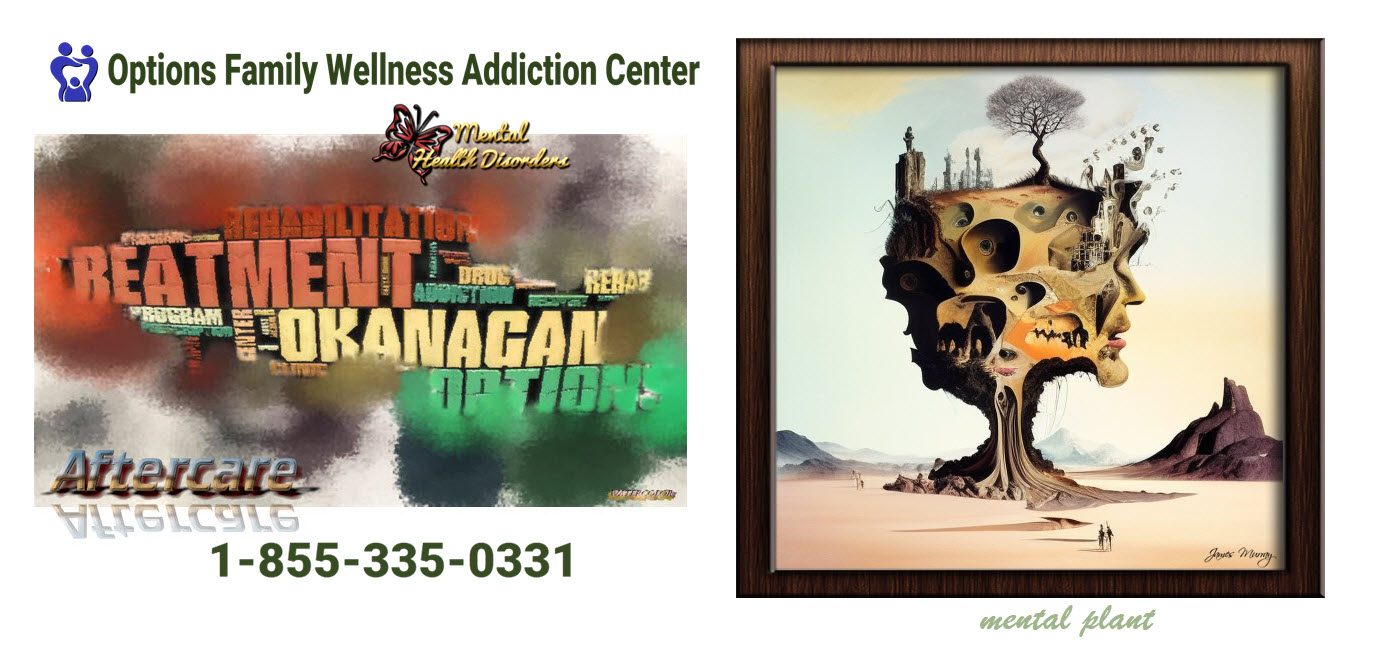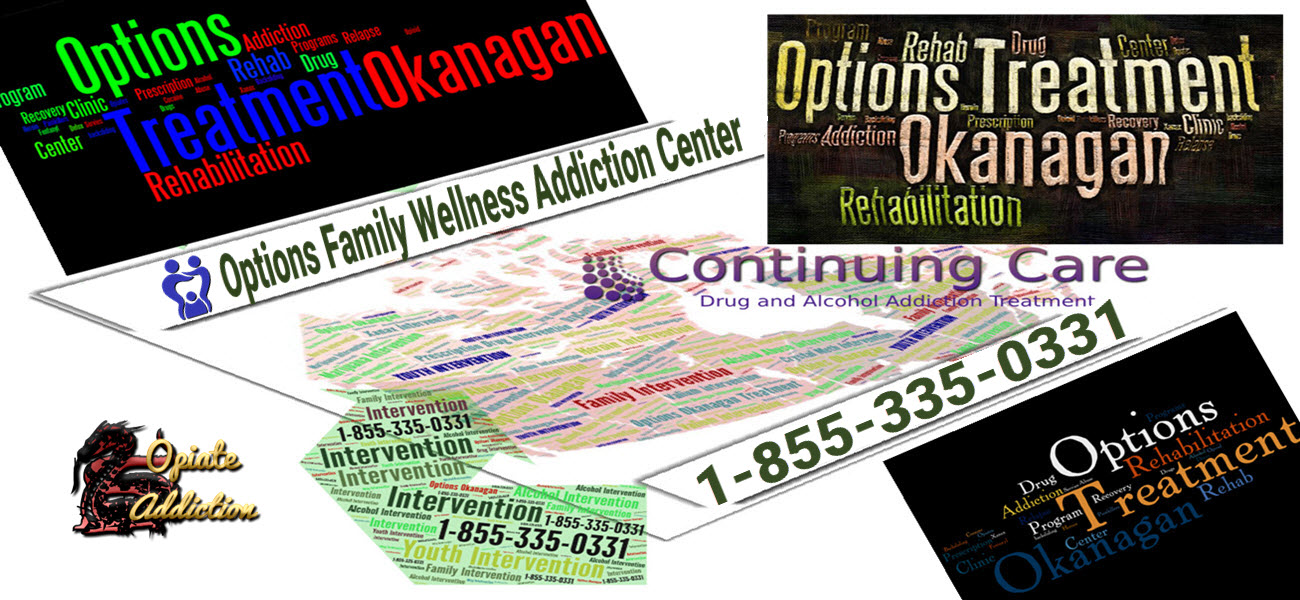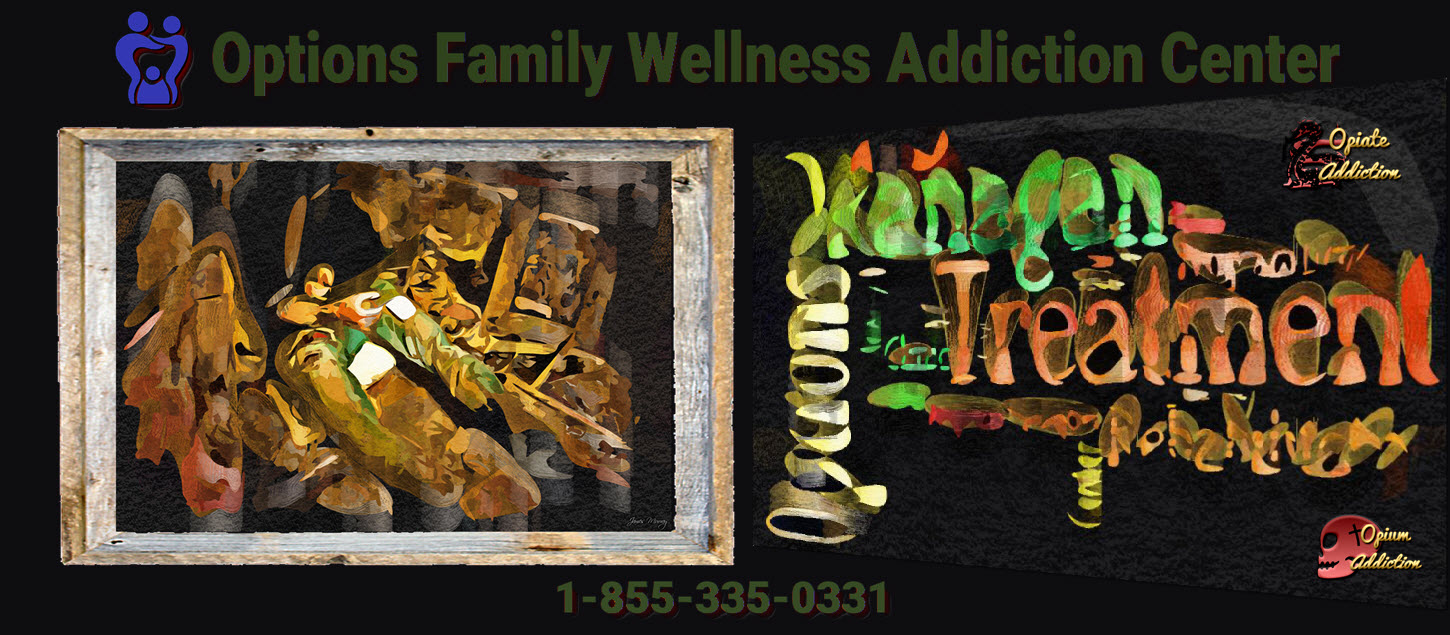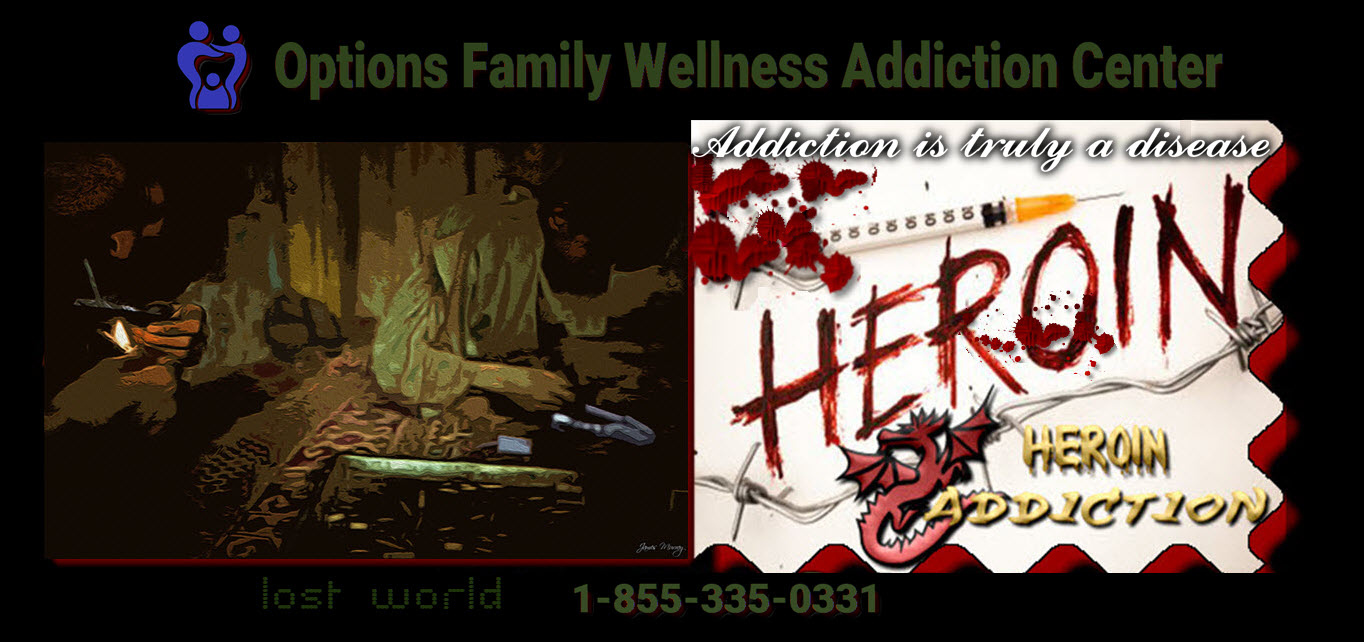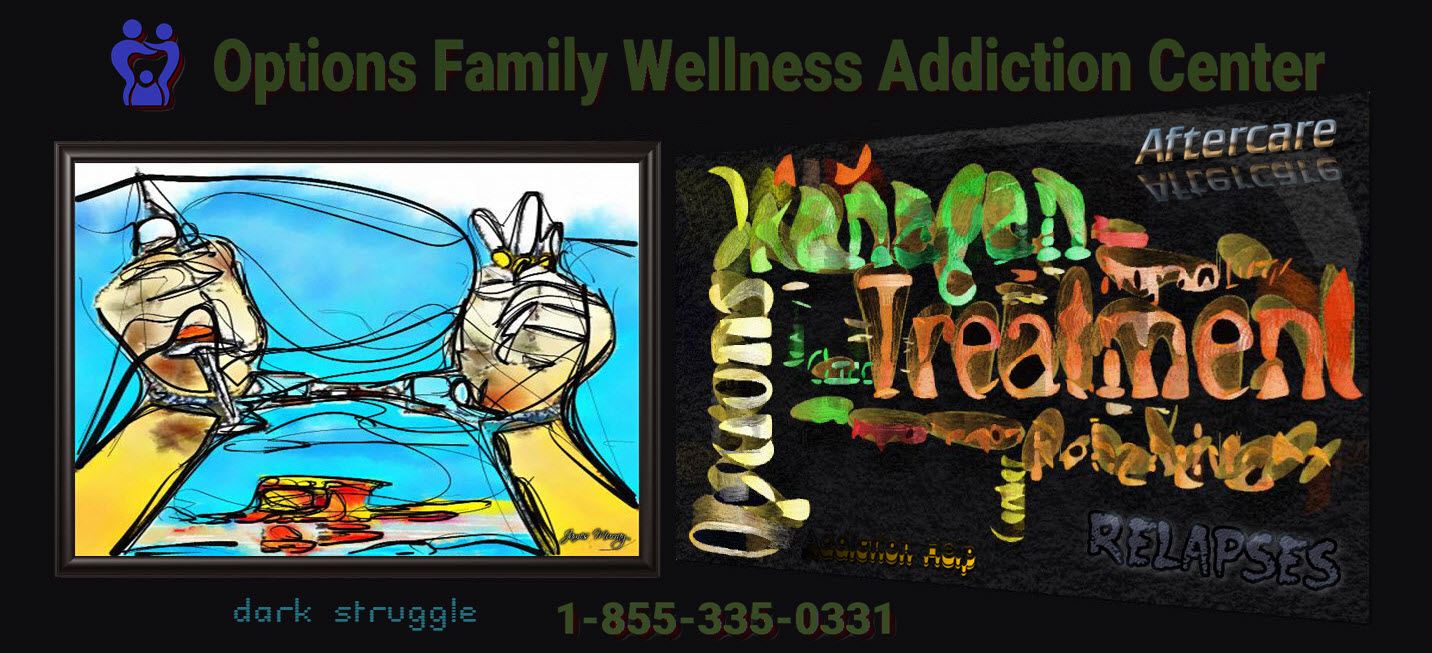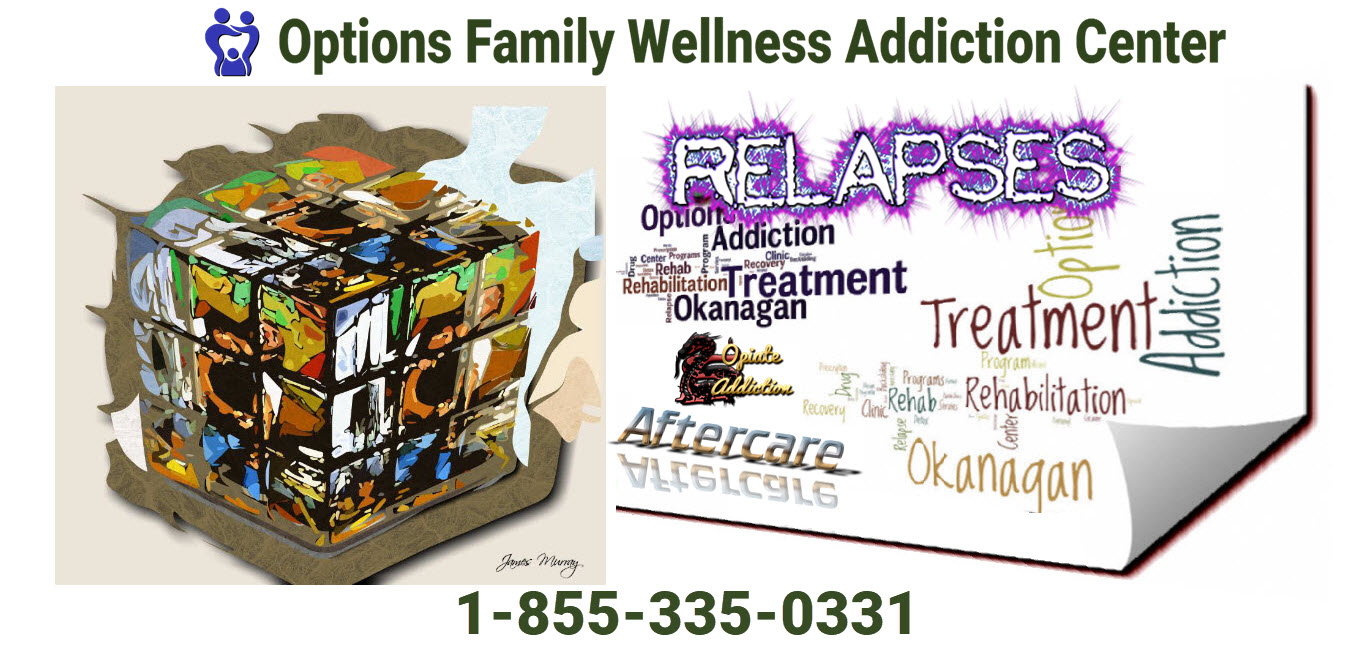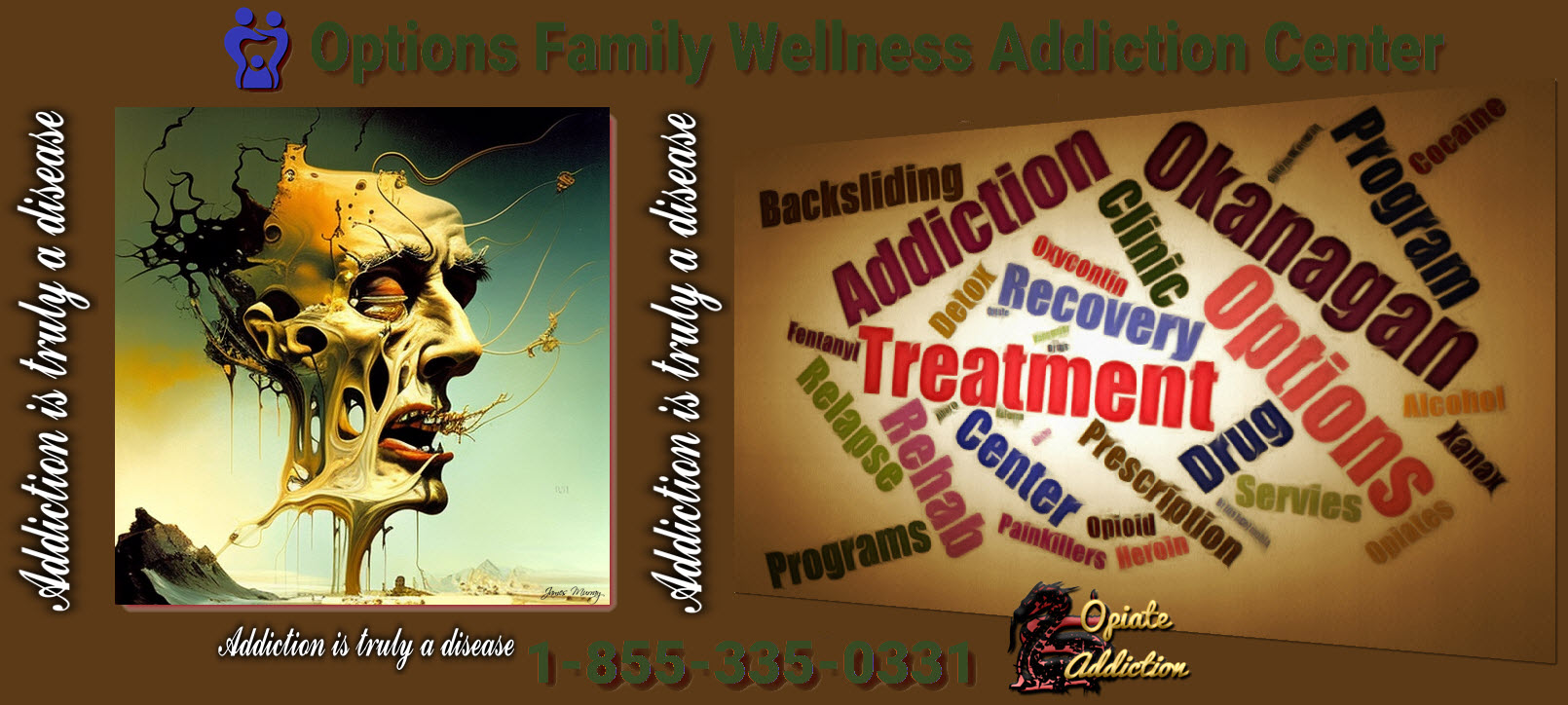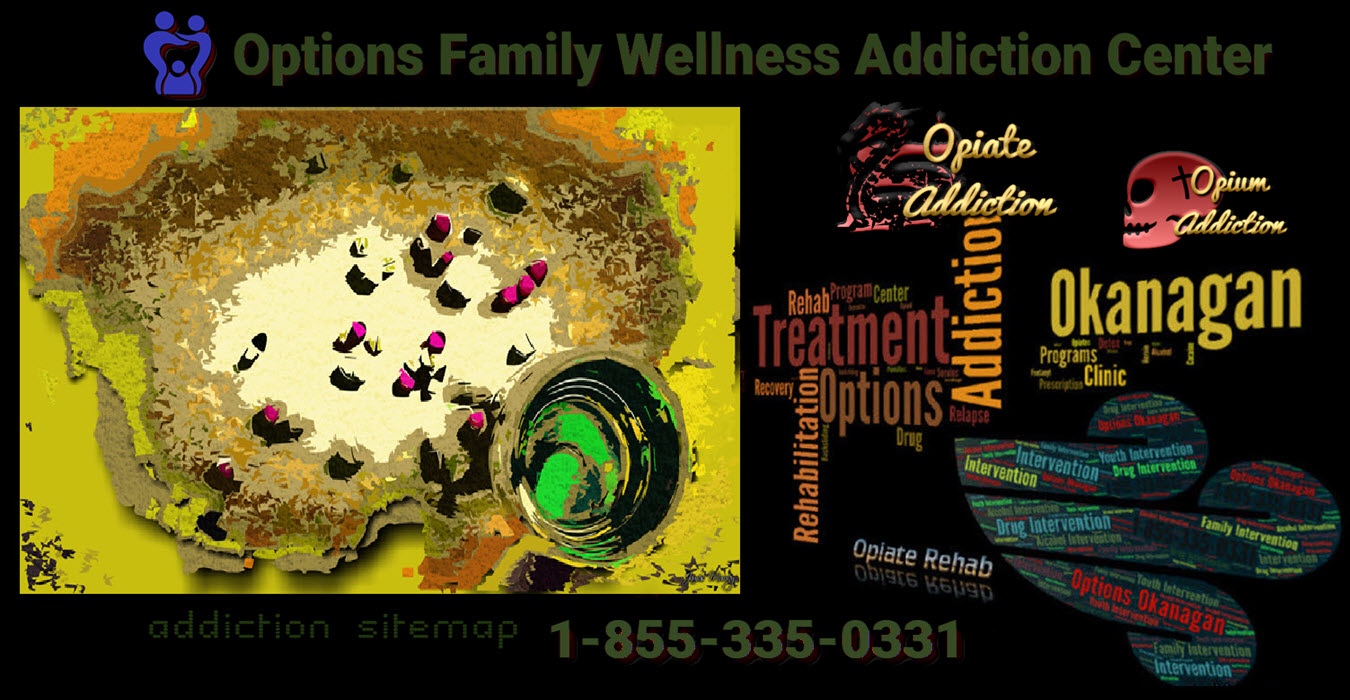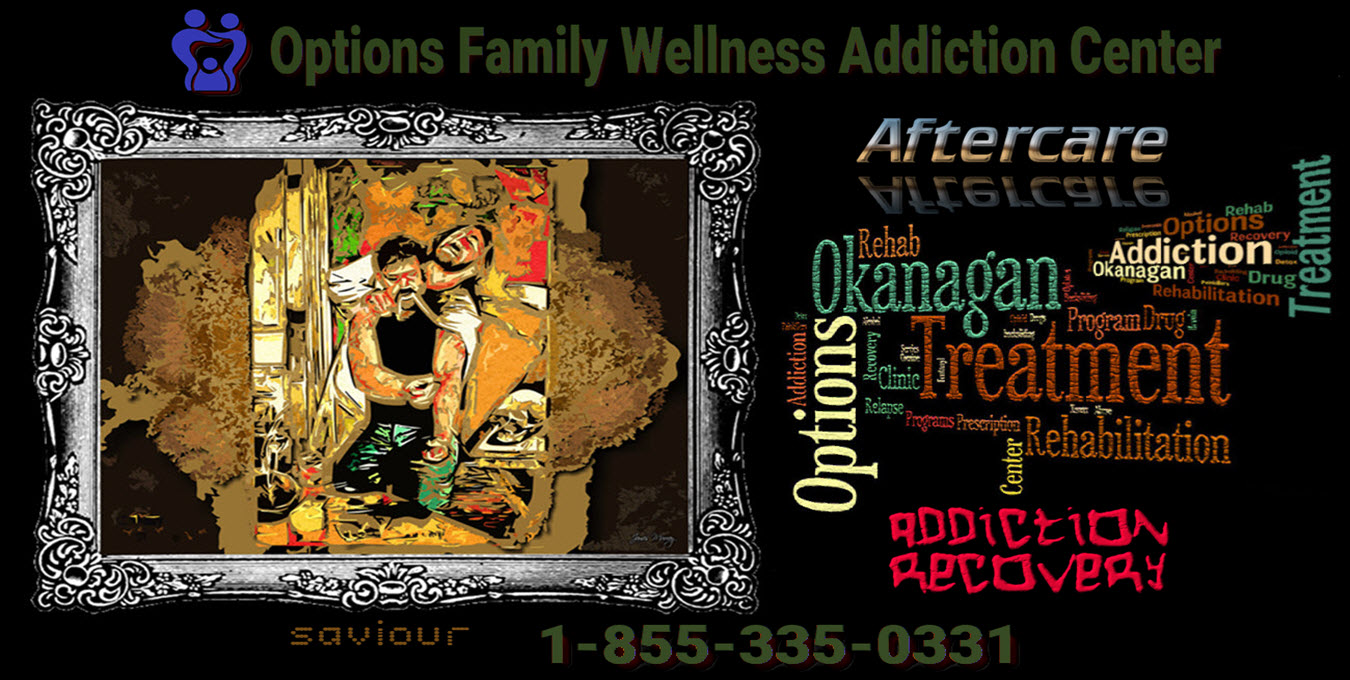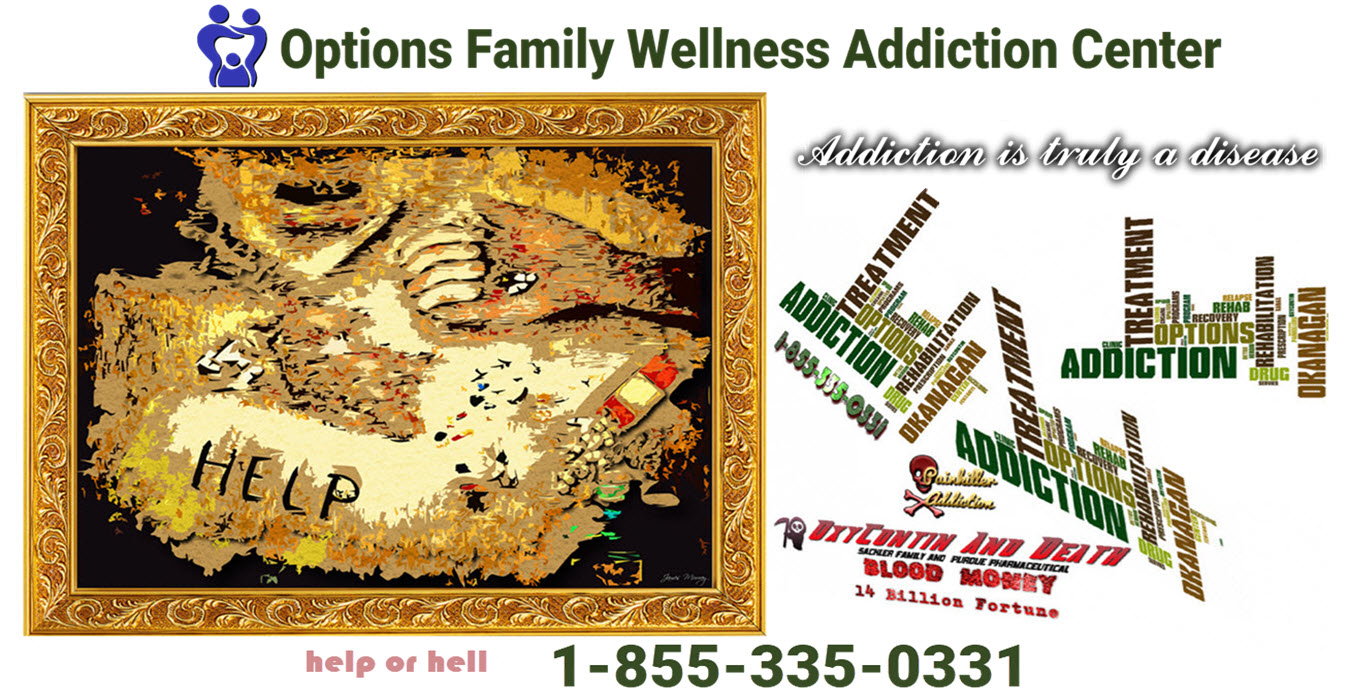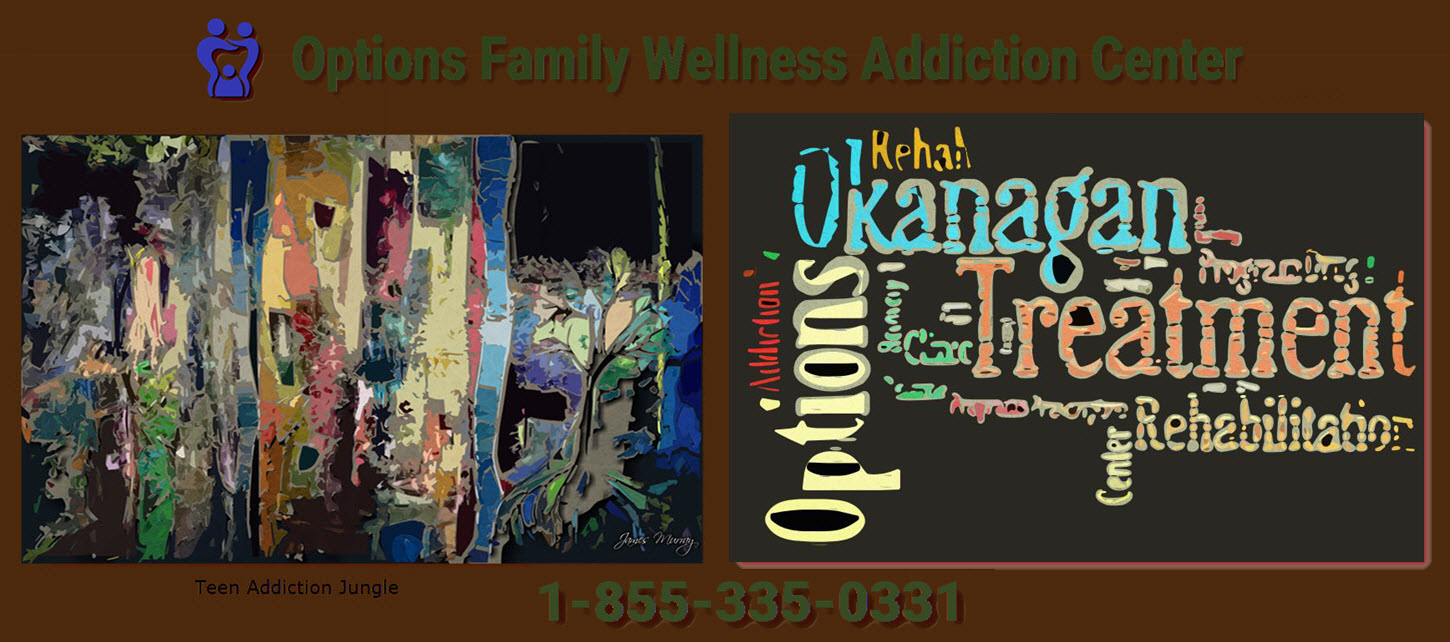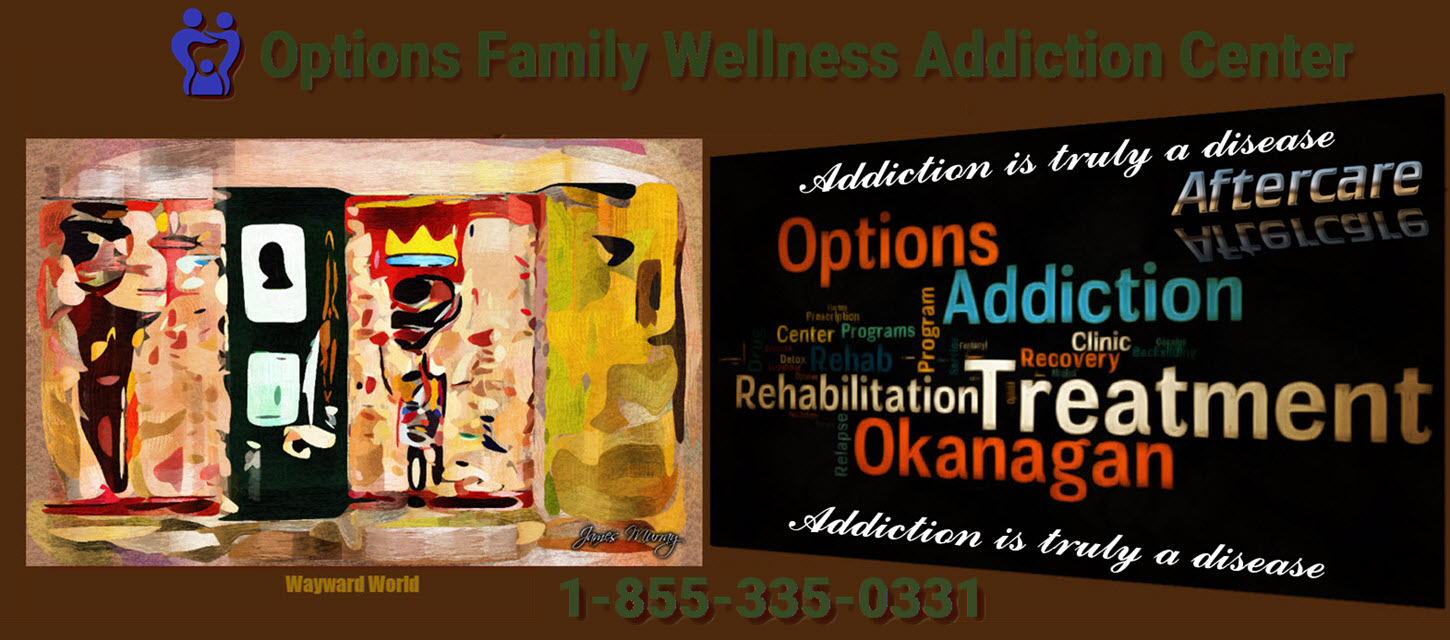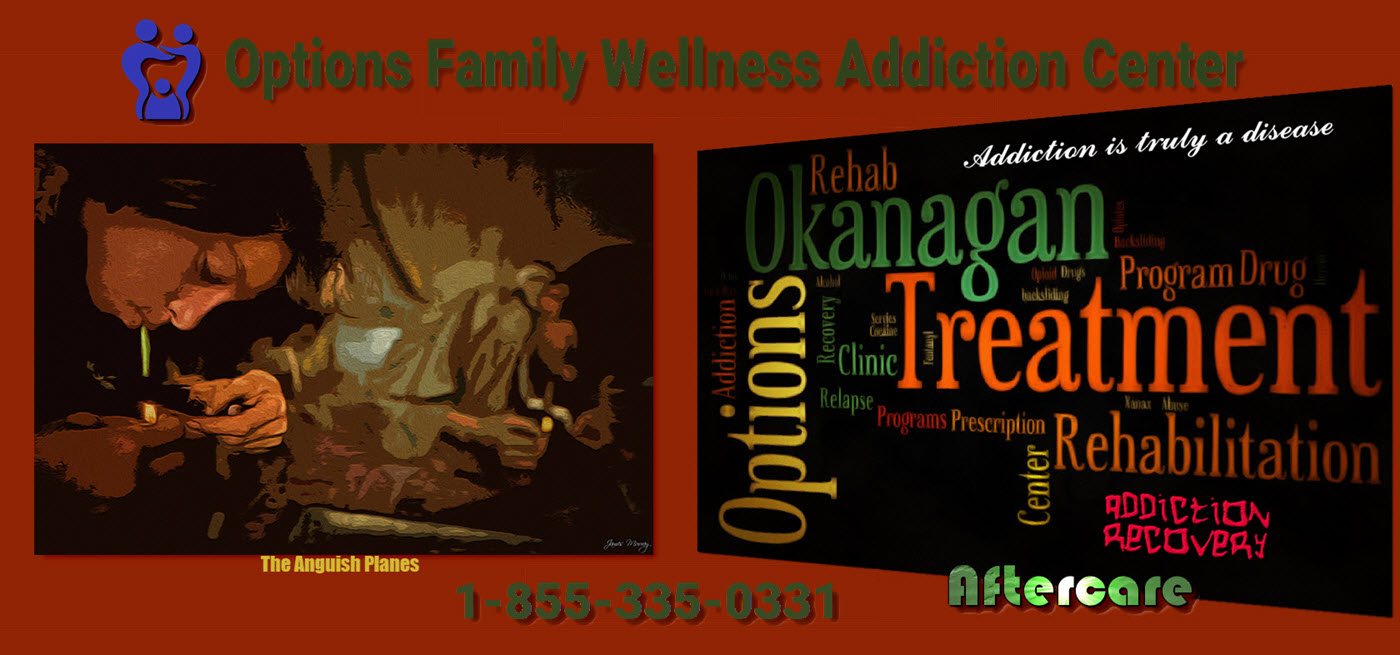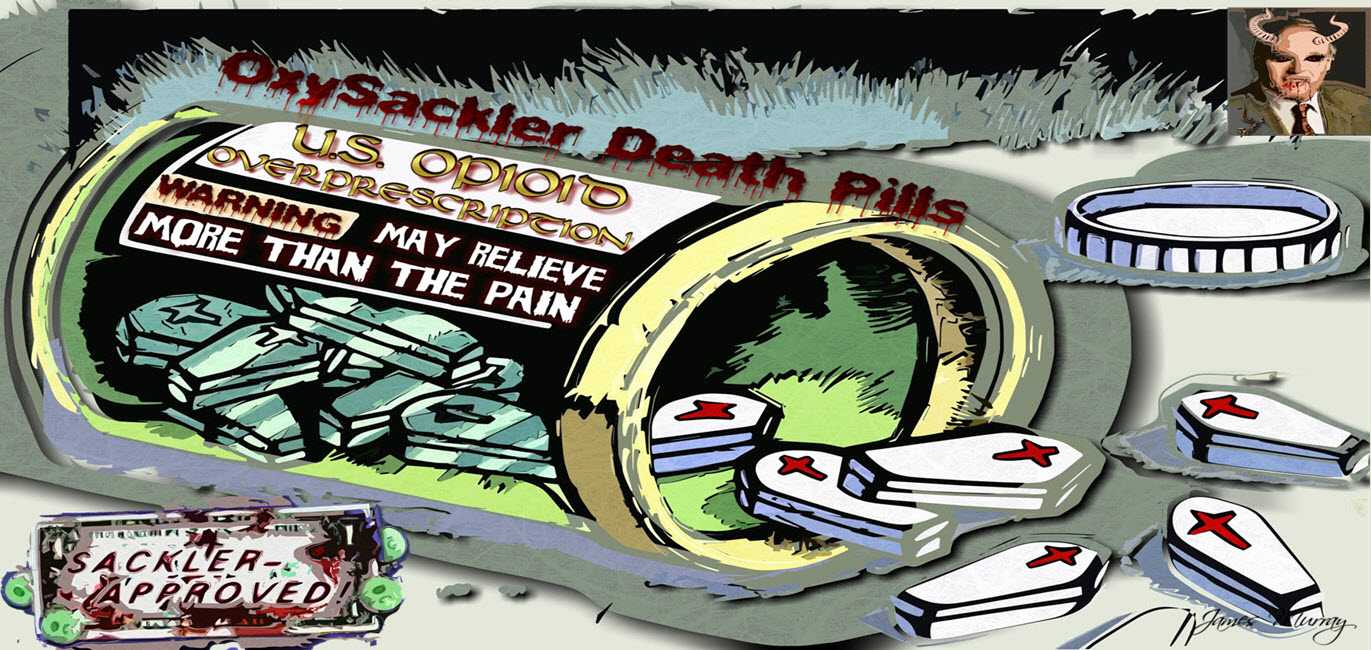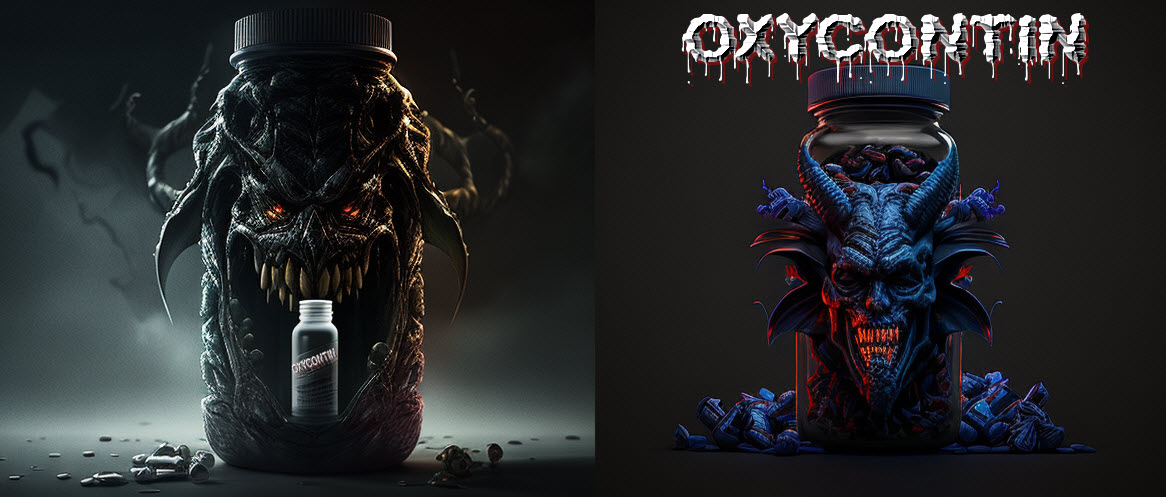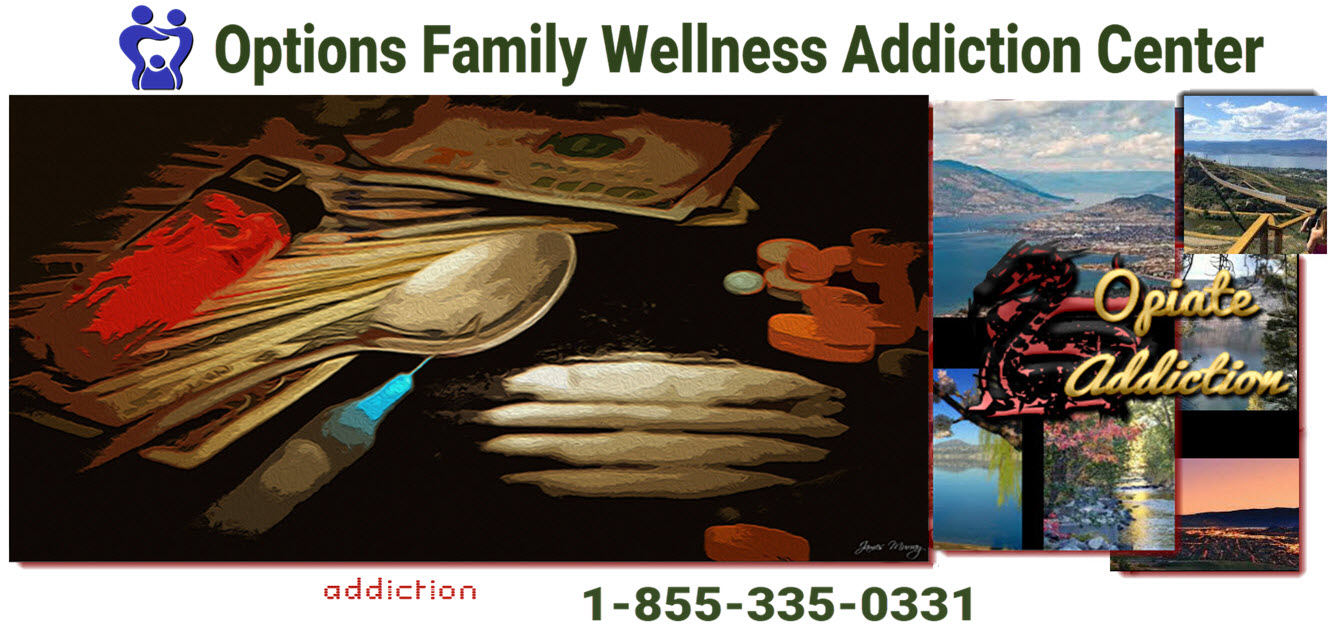The Sackler Family and Big Pharma’s Role in the Opioid Epidemic – Opioid treatment programs and centers for recovering addicts in British Columbia and Alberta – Options Family Wellness Addiction Center in Kelowna, British Columbia treating drug, opioid, OxyContin, prescription drugs, opiate, fentanyl, heroin and alcohol addiction and recovery.
Opioid Treatment Center In BC
The Ripple Effects of Opioid Addiction on Families and Society
The opioid crisis is a devastating issue that has affected countless lives. As we look back on the stages of how it started and progressed, it’s important to remember that behind each statistic and headline are real people who have been affected by this crisis in deeply personal ways.
The Rise of Opioid Prescriptions in the 1990s
In the 1990s, pharmaceutical companies and doctors began to heavily market and prescribe opioid painkillers, such as OxyContin, as a safe and effective treatment for chronic pain. At the time, many people were in need of relief from chronic pain and were looking for a solution. They were told that these drugs were safe and effective, and understandably, many turned to them for relief. However, in retrospect, we can see that the marketing of these drugs was misleading and that the risks of addiction and overdose were not fully understood.
The Deceptive Marketing Tactics of Pharmaceutical Companies
As a result, opioid prescriptions increased significantly, leading to widespread misuse and abuse of the drugs. Many people who were prescribed these drugs for pain found themselves becoming addicted, unable to stop taking them even as their health and lives began to spiral out of control. Others, seeking a high, turned to these drugs recreationally, only to find themselves caught in the grip of addiction. It’s important to remember that addiction is a disease, and no one chooses to become addicted. It’s easy to look back and judge those who became addicted, but it’s important to remember that they were simply looking for relief and didn’t know the risks they were taking.
The Sackler Family and Big Pharma,
Sold us a pill to numb the pain,
But the relief it brought was temporary,
And it came with a deadly gain.
OxyContin, the drug of choice,
Promised relief to those in need,
But behind the promises and the hype,
Lurked addiction and a slow bleed.
The Sacklers marketed the drug,
As safe and effective for pain,
But they knew the risks, and still they pushed,
And ignored the lives that would be slain.
The Opioid Crisis, a national scourge,
Claimed countless lives in its grip,
Families torn apart, dreams shattered,
All because of a marketing slip.
The Sacklers and Big Pharma,
Made billions from the pain they caused,
But the lives they destroyed and the pain they wrought,
Will never be fully paused.
We cannot bring back those we lost,
But we can hold them in our hearts,
And work towards a future where pain is eased,
Without the threat of addiction and deadly darts.
Let us remember the lives cut short,
By the greed of those who profit from pain,
And let us work towards a future,
Where healing and health are the main gain.
The Devastating Impact of Opioid Addiction on Individuals and Communities
In the early 2000s, reports of opioid addiction and overdose began to surface, highlighting the dangers of these drugs. Families were torn apart as loved ones became addicted and lost their lives to overdose. Communities were devastated as the crisis claimed more and more lives. It’s important to remember the pain and suffering that so many people have been through during this time.
Government and Pharmaceutical Company Responses to the Crisis
In response to the growing crisis, the government and pharmaceutical companies took steps to address the problem, such as implementing prescription drug monitoring programs and reformulating certain opioid drugs to make them harder to abuse. These efforts have undoubtedly saved lives and helped to curb the crisis. However, it’s important to remember that for those who were already addicted, these efforts came too late.
The Emergence of Illicit Opioids and Their Role in the Crisis
Despite these efforts, opioid abuse and overdose deaths continued to rise, driven in part by the proliferation of illegal opioid drugs, such as fentanyl, which are often mixed with other drugs and sold on the black market. This has made the crisis even more difficult to control, as the drugs being sold on the street are often far more potent and dangerous than those prescribed by doctors. It’s important to remember that those who are addicted and turn to the black market for drugs are not criminals, but are in the grip of a disease and are desperate for relief.
The Ripple Effects of the Opioid Crisis on Homelessness, Crime, and Infectious Diseases
The opioid crisis also led to a rise in other issues such as homelessness and infectious diseases as well as increase in crime rates. People who become addicted to opioids often lose their jobs, homes, and families. They may turn to crime to support their addiction or become homeless as a result of losing everything. It’s important to remember that these are not just numbers or statistics, but real people who have been through unimaginable hardships.
The Need for Compassion, Understanding, and Support for Those Affected
As of 2023, the opioid crisis remains a major public health crisis, with tens of thousands of overdose deaths and millions of people struggling with opioid addiction. The government and organizations are now focusing on providing treatment and support for those affected by the crisis, as well as continuing efforts to address the root causes of the crisis, such as overprescribing and the illicit drug trade. It’s important to remember that recovery is possible, and that those who are struggling with addiction deserve our compassion, understanding, and support.
The opioid crisis is a complex issue that has affected countless lives. As we look back on its progression, it’s important to remember the human cost behind the statistics and headlines. Each person affected by this crisis has their own unique story and struggles. They deserve our empathy and understanding as we work towards solutions and support for those affected by this crisis.
We must continue to address the root causes of the crisis, such as overprescribing and the illicit drug trade. We must also continue to provide treatment and support for those affected by addiction. This includes not only medical treatment, but also support for their mental health, as well as job training and housing assistance. We must also work to break the stigma around addiction and view it as the disease that it is.
It’s important to remember that the opioid crisis is not just a problem for a certain group of people or a certain area, it is a national problem that affects people from all walks of life. It’s important to come together as a society to support those affected by this crisis and work towards solutions.
A Call to Action: Addressing the Root Causes and Continuing to Provide Treatment and Support.
The opioid crisis has affected countless lives, and it’s important to remember that behind each statistic and headline are real people who have been affected by this crisis in deeply personal ways. We must continue to work towards solutions and support for those affected by this crisis, with empathy and understanding for the struggles they have faced.
FAQ:
Q: What is the opioid crisis?
A: The opioid crisis is a public health crisis that started in the 1990s when pharmaceutical companies and doctors heavily marketed and prescribed opioid painkillers, such as OxyContin, as a safe and effective treatment for chronic pain. This led to widespread misuse and abuse of the drugs, resulting in addiction and overdose.
Q: How did the opioid crisis start?
A: The opioid crisis started in the 1990s when pharmaceutical companies and doctors heavily marketed and prescribed opioid painkillers, such as OxyContin, as a safe and effective treatment for chronic pain. Many people who were prescribed these drugs for pain found themselves becoming addicted, unable to stop taking them even as their health and lives began to spiral out of control.
Q: What are the root causes of the opioid crisis?
A: The root causes of the opioid crisis include overprescribing and the illicit drug trade. Pharmaceutical companies and doctors heavily marketed and prescribed opioid painkillers, such as OxyContin, as a safe and effective treatment for chronic pain. The drugs were overprescribed, leading to widespread misuse and abuse. The illicit drug trade has also contributed to the crisis, with the proliferation of illegal opioid drugs, such as fentanyl, which are often mixed with other drugs and sold on the black market.
Q: What efforts have been made to address the opioid crisis?
A: Efforts to address the opioid crisis include implementing prescription drug monitoring programs and reformulating certain opioid drugs to make them harder to abuse. However, these efforts came too late for those who were already addicted. The government and organizations are now focusing on providing treatment and support for those affected by the crisis, as well as continuing efforts to address the root causes of the crisis.
Q: What are the consequences of the opioid crisis?
A: The consequences of the opioid crisis include addiction, overdose, homelessness, infectious diseases, and an increase in crime rates. People who become addicted to opioids often lose their jobs, homes, and families. They may turn to crime to support their addiction or become homeless as a result of losing everything.
Q: What can be done to address the opioid crisis?
A: To address the opioid crisis, we must continue to provide treatment and support for those affected by addiction. This includes not only medical treatment, but also support for their mental health, as well as job training and housing assistance. We must also work to break the stigma around addiction and view it as the disease that it is. Efforts to address the root causes of the crisis, such as overprescribing and the illicit drug trade, must also continue.
There are several authors and books that focus on understanding the human impact of the opioid crisis and the importance of empathy and support in addressing the crisis. Some of them are:
“Dopesick: Dealers, Doctors, and the Drug Company that Addicted America” by Beth Macy: This book delves into the experiences of those affected by the opioid crisis, including patients, doctors, and families. It also explores the role of pharmaceutical companies in the crisis.
“Dreamland: The True Tale of America’s Opiate Epidemic” by Sam Quinones: This book examines the opioid crisis from multiple perspectives, including the experiences of those affected by addiction, as well as the perspectives of law enforcement and public health officials.
“The Opioid Epidemic: What Everyone Needs to Know” by Andrew Kolodny, Mark Tyndall, and David Juurlink: This book provides a comprehensive overview of the opioid epidemic, including its causes, effects, and possible solutions. It also addresses the importance of empathy and understanding in addressing the crisis.
“The Painful Truth: What Chronic Pain Is Really Like and Why It Matters to Each of Us” by Siobhan Reynolds: This book is an intense and honest account of what it’s like to suffer from chronic pain and the impact of opioid addiction on the individual and society.
“Chasing the Scream: The First and Last Days of the War on Drugs” by Johann Hari: This book explores the history of the war on drugs, and how it has failed to address the root causes of addiction and the opioid crisis, and instead often made things worse.
“The Fix: How Nations Survive and Thrive in a World in Decline” by Jonathan Tepperman: This book examines the opioid epidemic, as well as other global problems, and provides solutions from around the world on how to fix these issues.
These are some of the books that address the human impact of the opioid crisis, and the importance of empathy and support in addressing the crisis. They are written by leading experts in the field and provide a comprehensive understanding of the subject.
Options Opiate and Alcohol Treatment Center in Kelowna, British Columbia – Men and Women are recovering and healing from Alcohol and Drug Abuse at our recovery facility here in the Okanagan right now.
Our unique and distinctive Opiate Drug and Alcohol treatment program allow men and women to come in from Calgary as well as Edmonton as we offer airport pickup.
Numerous clients come to us from Vancouver, Calgary, and Edmonton and other locations in Alberta and even other provinces for Opiate addiction treatment, heroin drug treatment, many other drug and alcohol addictions for rehabilitation because of the uniqueness of our treatment center.
Options Drug and Opiate Recovery Center
551 Sherrydale Crescent, Kelowna, British Columbia, V1V 2E6
Toll-Free Phone Number: 1-855-335-0331

